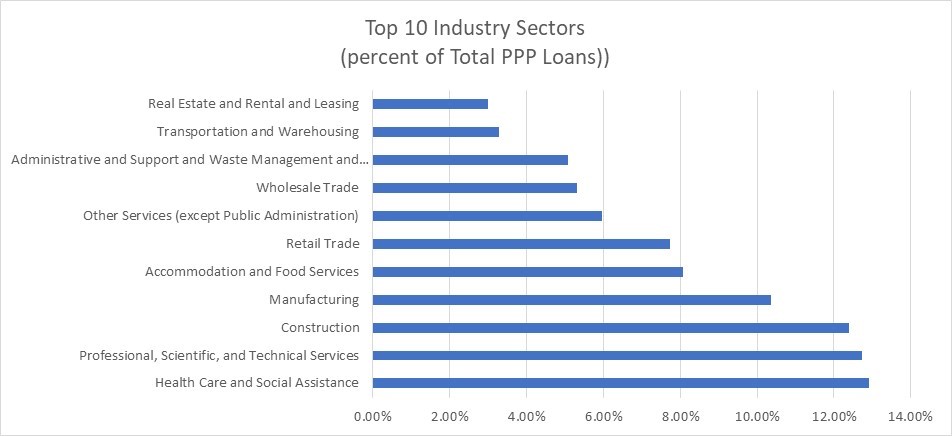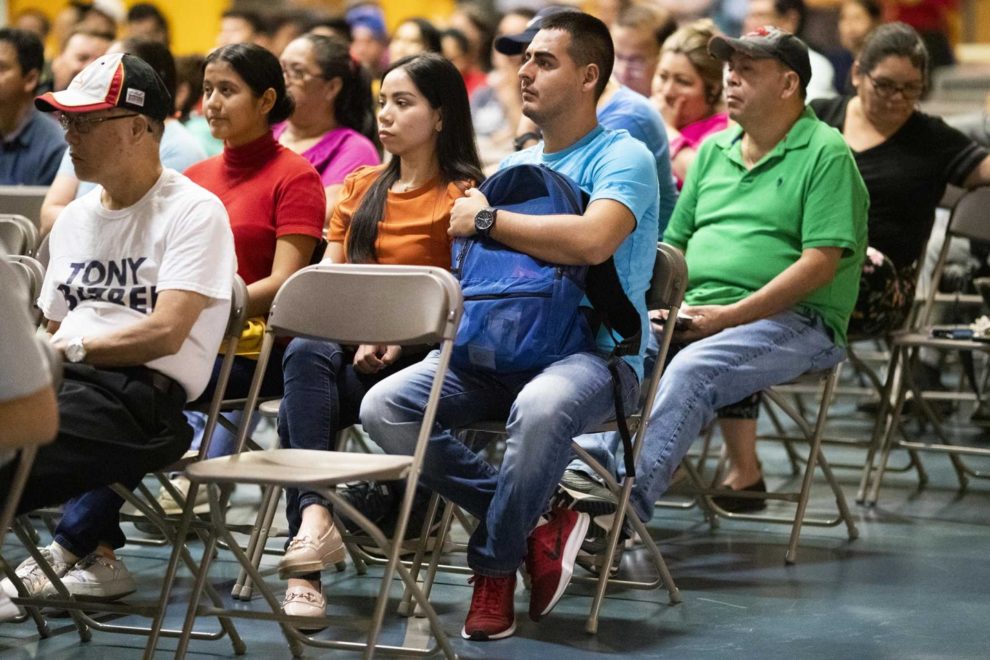Data showing the loan type and the business location from the first round of the Paycheck Protection Program (PPP) was just released on July 6, 2020 by the U.S. Department of the Treasury.
It is not a small matter to ignore the $659 billion that went to businesses to help them cover their expenses due to the COVID-19 crisis. So, at first glance of the data, it is striking to notice that not much information was collected about the demographics of the recipients.
The PPP program was authorized by Congress early this year as part of the Coronavirus Aid, Relief, and Economic Security (CARES) Act.
Specifically, the PPP program authorized the U.S. Small Business Administration to manage loans of up to $10 million for businesses with 500 or fewer employees for the purpose of covering expenses like payroll, mortgage interest, rent, and utilities if they were affected by the COVID-19 pandemic.
These loans are expected to be paid back but they are forgiven if the funds are used for eligible expenses like payroll.
51 Million Jobs
A report published by the U.S. Small Business Administration about the PPP data mentioned that the PPP program has saved and supported about 51 million jobs, which represent 84% of employees at small businesses.
Also, according to this report, the loan size has been $107,000 on average with about 87% of all loans have been for less than $150,000.

For those PPP recipients with a loan of more than $150,000, the data reported to the public was in terms of the name of the business, address, business type, number of employees, loan amount category, and the demographic data like race/ethnicity, gender, and veteran-owned.
PPP and Latinos
But most recipients did not answer the demographic data, so we cannot tell much about these businesses. At a time when Latinos and other groups are yearning for equality and justice in every facet of society, it is rather disconcerting to see that demographic data is not being reported.
If we analyze the data in greater detail by searching for the name of a business, we could infer that many businesses that have participated in the PPP program as recipients of a loan above $1 million are mainly corporations in the technology sectors.
Support Chicano/Latino Media. Subscribe For Only $1 Your First Month.
In May 2020, Global Strategy Group for Color of Change and UnidosUS conducted a national survey of small businesses to find out about the economic impact of the COVID-19 economic crisis on Black and Latino-owned small-business and non-profit owners that applied for PPP assistance.
Their survey showed that only 1 out of 10 small businesses received the funding that they requested.
Closing Businesses
Also, a May 2020 report by the Inspector General of the U.S. Small Business Administration (SBA) revealed that the SBA had not instructed banks and other financial services companies responsible for lending money out and deciding on the loans that underserved businesses needed to be prioritized or that they needed to require the demographic data.
It is especially the case that without the demographic data of the PPP program, it is very likely that Latino and other minority-owned businesses won’t be obtaining the needed funds for their survival.
In fact, the PPP national survey by Global Strategy Group for Color of Change and UnidosUS revealed that almost half of Latino and Black small-business owners might need to close their doors by the end of the year.
As the government just extended the PPP program until August 8, we need to hold this program more accountable at targeting and helping minority-owned small businesses.












